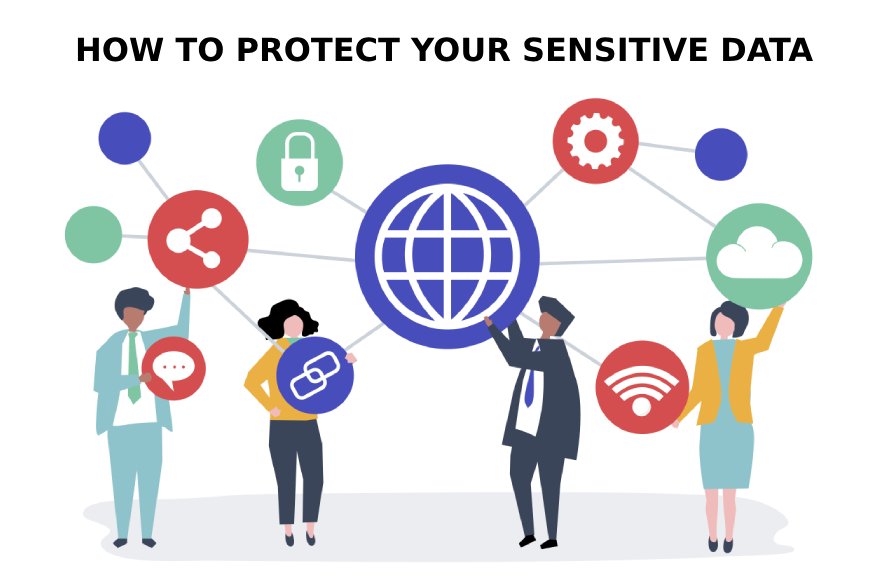How to protect your sensitive data

A critical data security trends in 2023 highlights show that protecting access to increasing volumes of sensitive data will be a challenge. So business owners should be careful about their stored data.
“More companies are migrating their application workloads to the cloud, and new security needs are beginning to rise as a result of this “new normal” of a hybrid model that combines on-premise and cloud infrastructures,” said Gerry Gebel, the Vice President of Business Development at Axiomatics.
He adds that protecting assets at a micro level are now key as companies develop new models and tools to protect their sensitive digital assets. All of this is needed to maintain their reputation and adhering to compliance mandates while improving the overall customer experience.
Keep your Cloud Data Secure
As always, companies put a protective shield on sensitive information in order to hone their competitive edge. Companies are integrating more Artificial Intelligence (AI) as the migration of data, applications, and workflows to the cloud continue, and Machine Learning (ML) data ensure the smooth transition.
A priority is to augment basic security capabilities of the cloud platform and more companies opt for solutions from Microsoft Azure and AWS that offer simpler cloud data service. It is not only cheaper, but more flexible in terms of their data storage solutions.
Giving rise to OAuth and Attribute Based Access Control models the emergence of microservices, service meshes, and APIs are crucial in accessing sensitive or regulated data. Companies are seizing on this as a real business advantage, as microservice be deployed on its own alongside the app can be a real boon.
The repercussion of Data Leak and risk
With strict law and regulation, companies now have to keep proper management and governance of access scopes and cleaner APIs. The General Data Protection Regulation (GDPR) and how it is implemented all over the world has companies worried.
The recent United States, Mexico, Canada Agreement (USMCA) agreement (NAFTA 2.0) has enabled Data localization, and it will not be restricted, and data will flow freely across borders.
IoT and Dearth of IT skills
The IT skills are becoming an issue for markets across the globe. Identity and Access Management (IAM) tools are some of the areas where organizations need to concentrate and train their employees. Many companies are ensuring their focus on paving the way forward for digital identity professionals the world over.
The Internet of Things (IoT) paradigm is being touted as one of the main reasons analytics is playing a big role in scrutinizing vast amounts of data. At the same time, fine-grained access control is required to protect these ‘data lakes’.
While Canada and California have also passed new data protection laws with GDPR’s benchmarks taken into consideration, organizations will need to build up new security measures to adhere to the regulatory requirements. Perhaps context-sensitive and risk-based access controls models across the board in an enterprise setting may be the way forward.